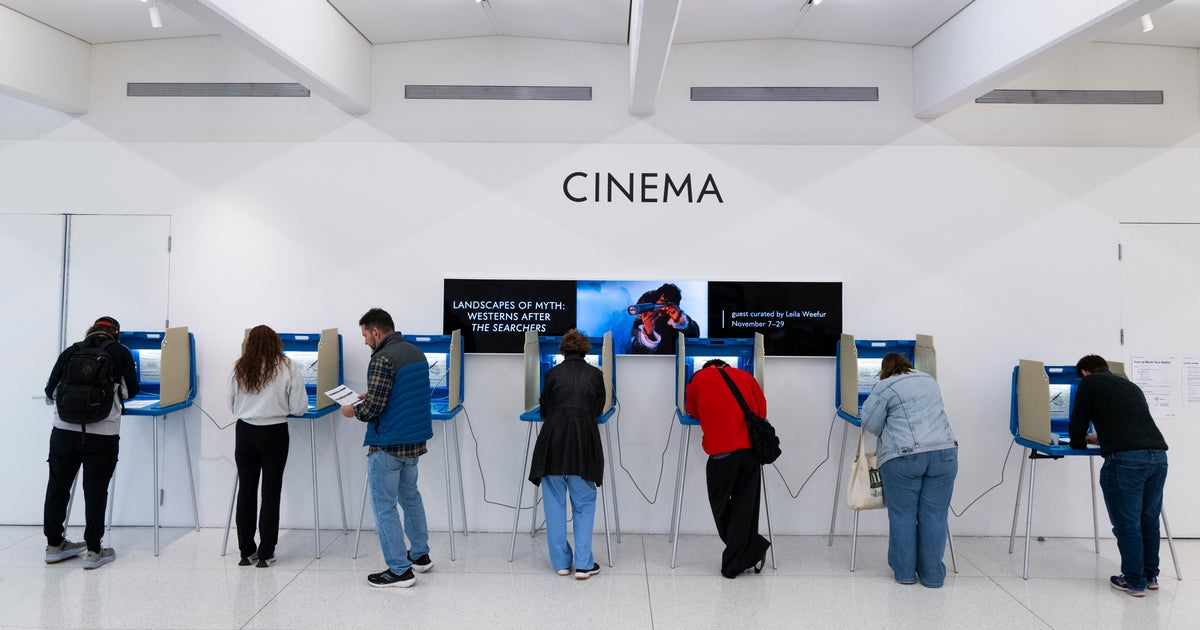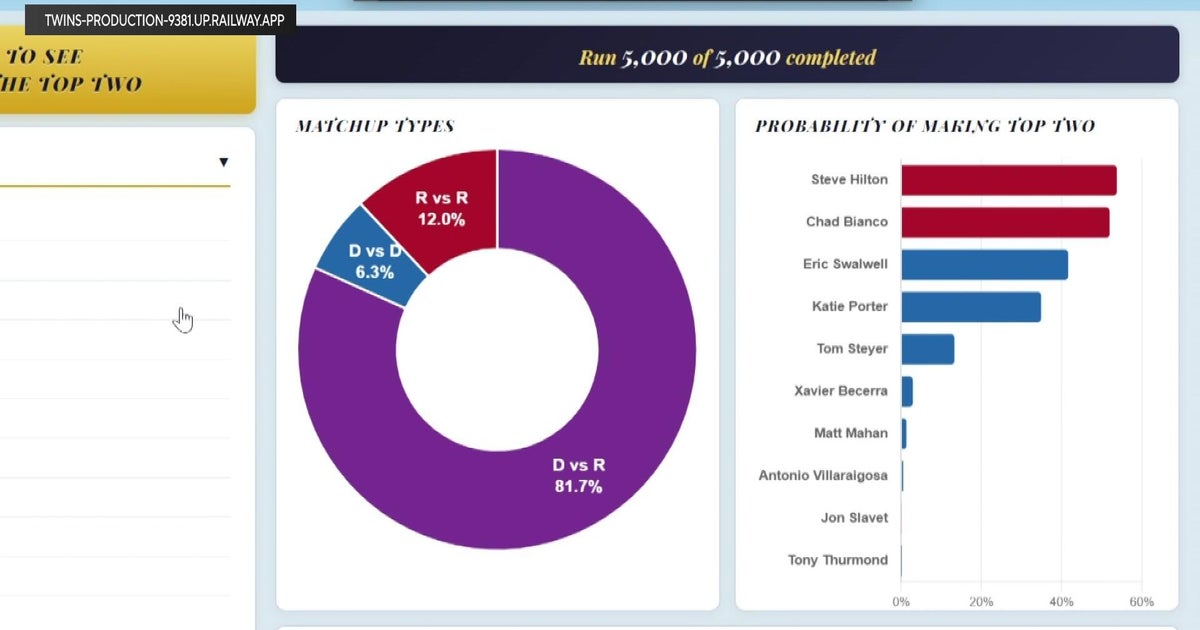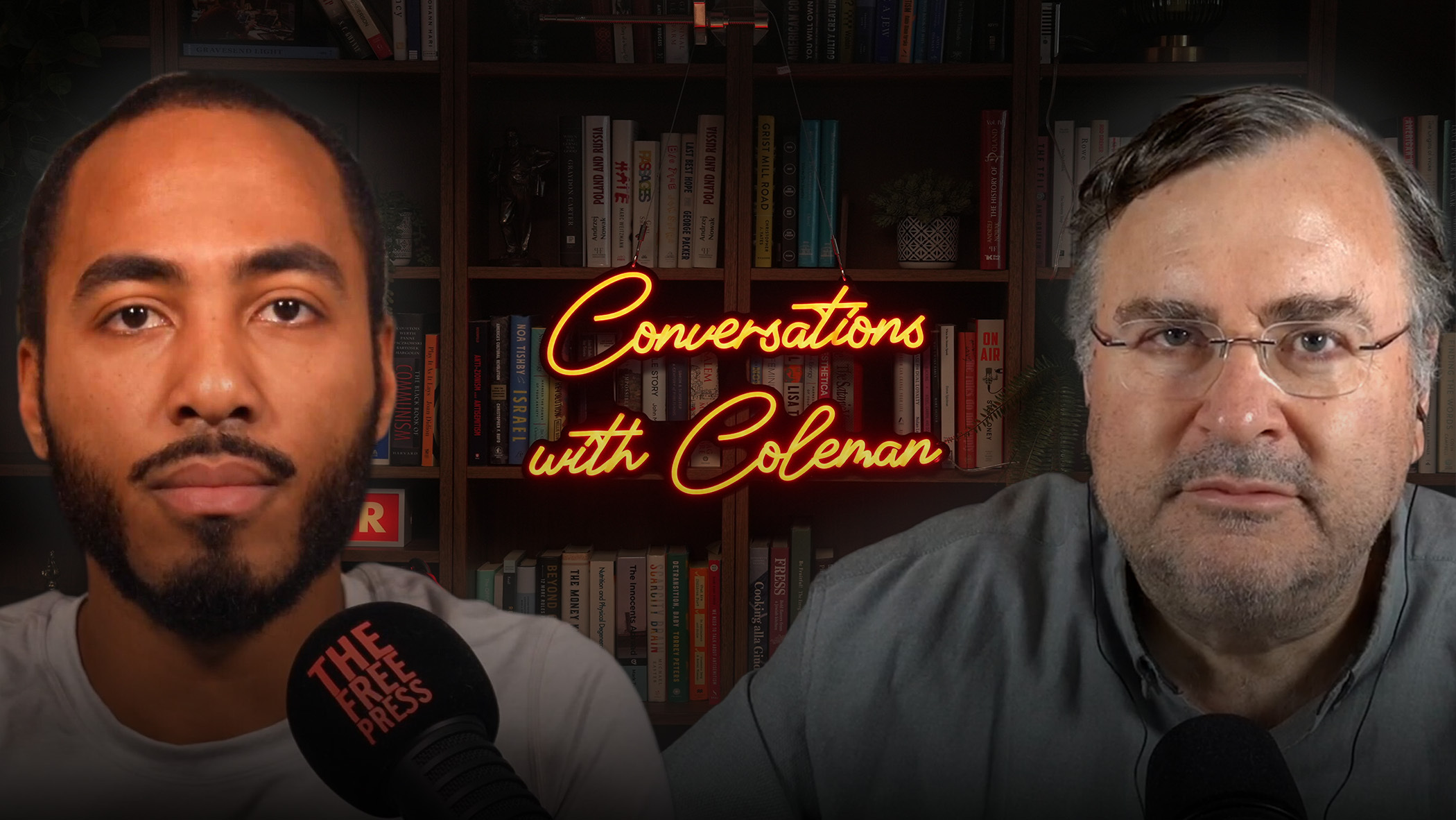Democrats have a new 2020 boogeyman: Big tech
When running for the Democratic nomination for president in 2008, Barack Obama visited Google's Mountain View headquarters, which was then considered a critical campaign stop for White House hopefuls. "What we shared is a belief in changing the world from the bottom up, not from the top down," Obama, then a U.S. senator, said as he drew parallels between the ambitions of the company's founders and his own political career.
Now, a decade later, Democrats eyeing their party's nomination see connections to executives in Silicon Valley as more liability than asset, as tech companies have come under fire for privacy breaches, international interference, monopolization, discriminatory work cultures, and failures to control hate speech.
Massachusetts Sen. Elizabeth Warren, a Democratic presidential candidate, has introduced a proposal to break up the tech giants. In her campaign launch, Minnesota Sen. Amy Klobuchar slammed tech companies over data mining and privacy. Others have signed on to legislation to protect personal data, and have grilled Facebook's Mark Zuckerberg and Sheryl Sandberg, Twitter's Jack Dorsey, and Google's Sundar Pichai in congressional hearings.
For 2020 candidates, it's now cool to be tough on tech -- even as their campaigns utilize and benefit from data collection and social media.
"It's been a huge sea change," says Democratic strategist Joe Trippi.
"There was a lot of idealism, and maybe a utopian view of how all this tech and social media was going to put more power in people's hands and bring people together," says Trippi. "There is now this dystopian side...the glow is off."
Taking on tech companies speaks to broader themes of accountability, corporate corruption, and fairness within the 2020 Democratic primary. But it could also add another layer of scrutiny to the candidates themselves, as Democrats have been the top recipients of donations from the electronics and communications industry. Some candidates count industry heads as constituents. And one veteran Democratic campaign operative told CBS News there should be criticism of any candidate who fundraises with wealthy tech chiefs.
Democratic candidates have a long history of working alongside Silicon Valley power brokers.
Trippi, the architect of Howard Dean's rebellious run at the 2004 Democratic nomination, used the internet to bypass the Democratic establishment and raise small dollar donations directly from voters. Though Dean was unsuccessful, the tactics pioneered by Trippi established a template used by many of the candidate's successors in the years since.
Social media, then in its infancy, was a major factor in the 2008 general election. The Obama campaign used Twitter and Facebook to communicate with young constituents. His campaign also launched my.barackobama.com, a social network that used Facebook's Connect API to populate the network and target potential voters, organize get-out-the-vote initiatives, and target fundraising initiatives. The product was so successful that in 2016 the Ted Cruz campaign deployed a mobile application with several features seemingly inspired by the my.barackobama.com web app.
The use of big data to micro-target voters and get-out-the-vote then became a key factor in the 2012 election. In an interview with TechRepublic, Obama's Chief Technology officer Harper Reed explained that campaign saw technology as "a first class citizen, as part of the campaign, just like field [operations], just like analytics, just like anything else."
It was clear early in the 2016 cycle that technology, especially big data generated by social media, would be a critical component of the Democratic Party's campaign strategy. The Clinton campaign employed former Google and Facebook employees who worked alongside a large cohort of social media-savvy millennials to craft messaging specifically for social networks.
The Clinton team's technological prowess, however, proved vulnerable to Russian hackers. Phishing attacks targeting top staffers helped derail the campaign by exposing critical information. Strategists say the evidence of Russian interference, and the revelations of Facebook's connections to firms like Cambridge Analytica, was a turning point in the relationship between Democrats and tech companies.
"People all of the sudden realized these were powerful manipulation engines they put out for rent and that's dangerous," says Matt Stoller, a fellow at the Open Markets Institute, advocating for proposals like Warren's. "You're seeing across both parties a real understanding of the power of these institutions. Even the platforms themselves are aware of the increasing political pressure."
While it could be politically tricky to talk about regulating companies that are now so ingrained in people's lives, public opinion of social media companies has also changed. Americans now "understand these companies are doing things they really like, but that doesn't make them immune from criticism," says Stoller.
Warren's proposal is focused on expanding anti-trust regulations and combating the emergence of tech monopolies.
"The giant tech companies right now are eating up little, tiny businesses, startups -- and competing unfairly," Warren told CBS News' Ed O'Keefe. "What I'm saying is we've got to break these guys apart. You want to run a platform? That's fine. You don't get to run a whole bunch of the businesses as well. You want to run a business? That's fine. You don't get to run the platform."
Hawaii Rep. Tulsi Gabbard, another 2020 hopeful, agreed with Warren's proposal, and said she would introduce similar legislation in the House.
Candidates with ties to the tech industry have also grown critical of it.
New Jersey Sen. Cory Booker, a Stanford graduate, has been known for connections to Silicon Valley leaders, and came under scrutiny in his 2013 Senate campaign for the big investments that poured into his own tech start-up. In 2010, as Mayor of Newark, he secured a $100 million dollar donation from Zuckerberg to reform his city's public schools to mixed reviews.
Booker and other Democrats have concentrated on concerns over privacy and discrimination. During the Zuckerberg's congressional hearing last year, Booker told the CEO: "We've seen how technology platforms Facebook can actually be used to double down on discrimination." Booker asked Zuckerberg to allow civil rights groups to audit ads on housing, employment and credit to prevent discrimination.
California Sen. Kamala Harris, who represents the state where Silicon Valley is located, has highlighted revenue Facebook acquired from 2016 election propaganda. And when Sheryl Sandberg testified last year, Harris questioned her about reports that Facebook removed hate speech directed at white men but not black children.
At the South by Southwest festival in Austin, Texas, Klobuchar suggested taxing tech companies for using consumer data. "When they sell our data to someone else, well maybe they're going to have to tell us so we can put some kind of a tax on it, just like we do with other businesses," Klobuchar said. "For so long these companies have said 'we got your backs' -- well, that's just not true."




